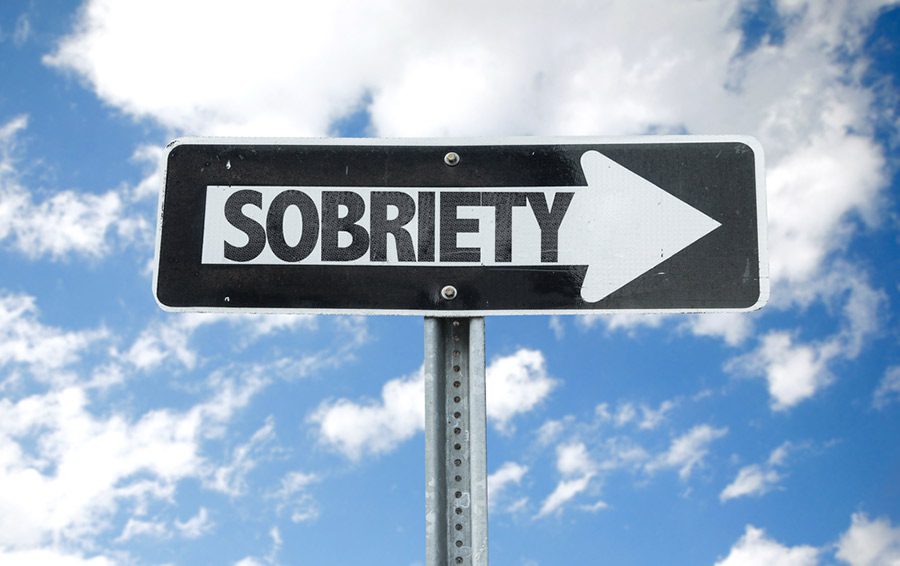7 Reasons To Seek Addiction Treatment
Substance use disorder, which is more colloquially known as drug addiction, is a serious mental...
toll free: 844.955.3042
local tel: 561.464.6505
fax: 561.450.6637
info@recointensive.com
RECO Intensive
140 NE 4th Avenue
Delray Beach, FL 33483
One unfortunate reality of the addiction recovery process is that substance use disorder is a lifelong chronic disease. And, like other chronic diseases, substance use disorders come with a significant risk of relapse. However, just because a relapse occurs does not mean that a person’s addiction treatment programs have failed.
Especially in a person’s early recovery, earnest efforts to prevent relapse may fail due to underlying emotional issues that initial addiction treatment may fail to fully address, or due to additional mental health issues or life stressors that may interfere with their ability to maintain a sober life.
Though lifelong recovery is still possible as long as the person can get back on track, this often requires conscious efforts to prevent future relapses, which should be made as soon as possible after an initial relapse.
Depending on the individual, this may include additional time in an addiction treatment facility, or it can include reengagement with less intensive recovery efforts like regular attendance at support groups, individual or family therapy sessions, or routine practice of healthy coping skills.
Though the risk of relapse is highest for those in early stages of addiction recovery, the right relapse triggers can sometimes rattle even addicts with over a decade of sobriety behind them, so relapse prevention should always be taken seriously. However, though some people assume that relapse occurs at just the event in which a person actually consumes drugs or alcohol, the relapse process may actually begin far before it reaches that crisis point.


By defining the stages of this relapse process, medical reviewers can enable those in recovery and their friends and family members to better recognize the warning signs of these relapse phases, so that they can seek out help from their support network while it is not too late to get back on track.
In this stage of relapse, a person is not necessarily considering resuming their addictive behavior, but they also may have begun to “check out” of their recovery process. Financial stress, relational struggles, chronic pain, and any other major life stressors may also be contributing to poor overall mental health.
In the early stages of the relapse process, you may notice that someone is exhibiting poor coping skills in ways other than substance abuse, such as neglecting self care, neglecting responsibilities, or bottling up negative emotions. They may also be failing to follow through with aspects of their recovery plan like regular attendance at twelve step meeting or therapy, or be noticeably failing to fully engage with their support system.
In this phase of addiction relapse, the person has still not started using drugs or alcohol, but they are actively considering resuming their addictive behaviors. They may be romanticizing using drugs or alcohol, or thinking that perhaps their drug addiction wasn’t so bad as it really was, or wondering if having “just one drink” would really be the end of the world.
They may also be thinking about how they can relapse without others around them noticing, thinking about where they can get drugs or alcohol, actively making plans to engage in alcohol abuse or drug abuse, and disengaging even further from their support system.
Physical relapse is the stage in which recovering addicts actually begin reengaging in their addictive behaviors. However, a singular “slip” may not necessarily escalate into a full blown relapse, especially if help is sought shortly after the relapse occurred. But, if the person refuses to make an effort to get back on track with their treatment program after their relapse, recovery may slip further and further away as substance addiction once more begins to dominate their life.
As emphasized earlier, just because a relapse happened does not mean that someone is set “back to zero” in their treatment process. A recovery journey is a long term process, and just because there are some bumps along the road does not mean that a person cannot get back on track to a healthy life. 

Depending on the substance abused and the severity of the relapse, the person may need to spend time in American addiction centers or seek out detox services to deal with their withdrawal symptoms. Then, getting back on top of their mental health will often involve consulting a professional substance abuse counselor, who can help the person understand their relapse triggers and identify the warning signs they displayed leading up to their relapse so that they can take preventative action earlier in the future.
From there, a counselor or therapist can help the person to avoid future relapse by working with them to improve their recovery plan and to develop a specific relapse prevention plan. This might include a list of family members and friends to call if they are feeling triggered, a list of activities they can do to take their mind off of using, or a motivational list of reasons why they decided to get sober or of the potential negative consequences of relapsing.
As one of the most highly respected American addiction centers, Reco Intensive understands the reality of relapse and the importance of addiction aftercare. Our outpatient program is dedicated to helping our clients to emerge as a healthy and whole individual who has the capacity to deal with any stressors life can throw at them, and our treatment strategy includes programming specifically aimed at helping our clients to develop relapse prevention strategies.
Our focus on community and connection and active alumni program also plays into relapse prevention by helping our clients to develop a strong support network, so that they will always have someone to turn to in a crisis. We are also accredited by the National Institute Of Health as well as by many other reputable organizations, and can work with your insurance provider to bring you the best care possible in a way that works with your individual financial situation.
As challenging as relapse can be, it is no reason to give up on addiction recovery altogether or to abandon the quest for a brighter future. To learn more about our addiction treatment program at Reco Intensive, you can call us anytime at 844-955-3042 or contact us online anytime here.